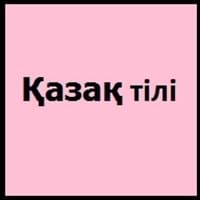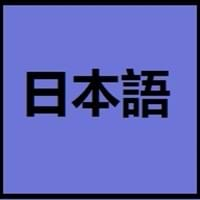Kazakh vs Japanese
- The Kazakh language can be written using a variety of scripts.
- Kazakh Language contains many words from Russian, Arabic, Mongol, Persian and other Turkic languages.
- In Japanese Language, there are 4 different ways to address people: kun, chan, san and sama.
- There are many words in Japanese language which end with vowel letter, which determines the structure and rhythm of Japanese.
Kazakh and Japanese Language History
Comparison of Kazakh vs Japanese language history gives us differences between origin of Kazakh and Japanese language. History of Kazakh language states that this language originated in 17th Century whereas history of Japanese language states that this language originated in 1185. Family of the language also forms a part of history of that language. More on language families of these languages can be found out on Kazakh and Japanese Language History.
Kazakh and Japanese Greetings
People around the world use different languages to interact with each other. Even if we cannot communicate fluently in any language, it will always be beneficial to know about some of the common greetings or phrases from that language. This is where Kazakh and Japanese greetings helps you to understand basic phrases in Kazakh and Japanese language. Kazakh word for "Hello" is Сәлеметсіз бе (Sälemetsiz be) or Japanese word for "Thank You" is ありがとう (Arigatō). Find more of such common Kazakh Greetings and Japanese Greetings. These greetings will help you to be more confident when conversing with natives that speak these languages.
Kazakh vs Japanese Difficulty
The Kazakh vs Japanese difficulty level basically depends on the number of Kazakh Alphabets and Japanese Alphabets. Also the number of vowels and consonants in the language plays an important role in deciding the difficulty level of that language. The important points to be considered when we compare Kazakh and Japanese are the origin, speaking countries, language family, different greetings, speaking population of these languages. Want to know in Kazakh and Japanese, which language is harder to learn? Time required to learn Kazakh is 44 weeks while to learn Japanese time required is 88 weeks.





